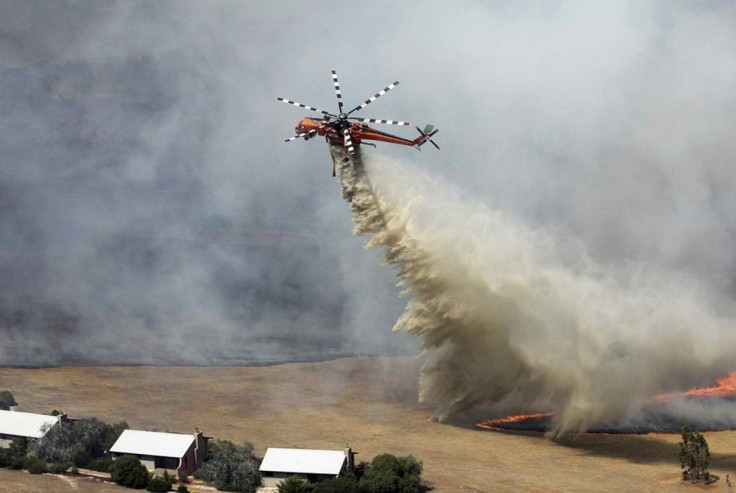Australia To Experience Hotter, Prolonged Heatwaves; Extremely Hot Summers 'Normal'

The 2013 heatwave in Australia would be impossible if not for climate change. The scorching heat experienced by Australians in late 2012 and early 2013 had set new temperature records in ever state and territory in the country.
According to the Bureau of Meteorology, the national average of daily temperatures in 2013 had rise to record-breaking levels for an extended period. NASA had noted that Australia’s extreme temperatures in Jan. 2013 were extended not just days but weeks, The Washington Post reports.
A new report by Australia’s independent Climate Council has found that 2013, the country’s hottest year ever, would be “virtually impossible” without climate change. The summer heatwaves of late 2012 and early 2013 were also enhanced by global warming and increased the chance of reaching extreme temperature levels.
The Climate Council report was written by Will Steffen, a professor at the Australian National University, and based his research on several climate change models. The high-powered models simulate temperatures with and without human-added climate factors. Researchers have compared a given set of temperatures in one world where greenhouse gases exist in the atmosphere and in another model with no climate change.
The report said that in a world without global warning, the record-breaking temperature Australia experienced in 2013 would happen “once out of every 12,300 years.” Steffen found that record hot days in Australia have doubled in the last 50 years. In the past decade, frequent records were set for extremely hot days than cold ones.
Steffen warned that heatwaves across the country have become hotter as they occur earlier and more frequently. He said Australia must start harnessing its renewable energy sources and stop relying on fossil fuels like coal.
The professor said the report highlighted the importance of developing an action plan to reduce emissions. If something is not done, Steffen warned that an extreme heat event would be a normal occurrence by the middle of the century.
Climate Council chief councillor Professor Tim Flannery said the report allowed scientists to “quantify” the effect of human activities on extreme weather events, reports ABC. He said Australia should reduce greenhouse gas emissions if it wants to achieve a better climate in the future.
To report problems or leave feedback on this article, contact: r.su@ibtimes.com.au





















